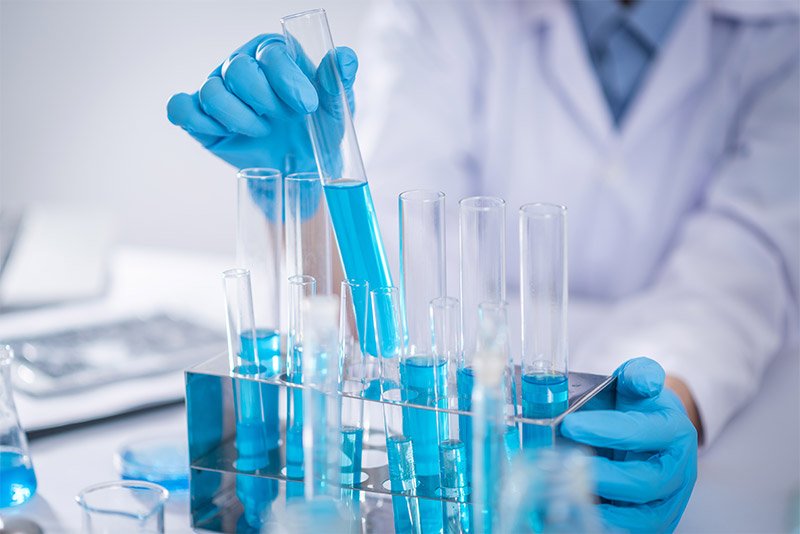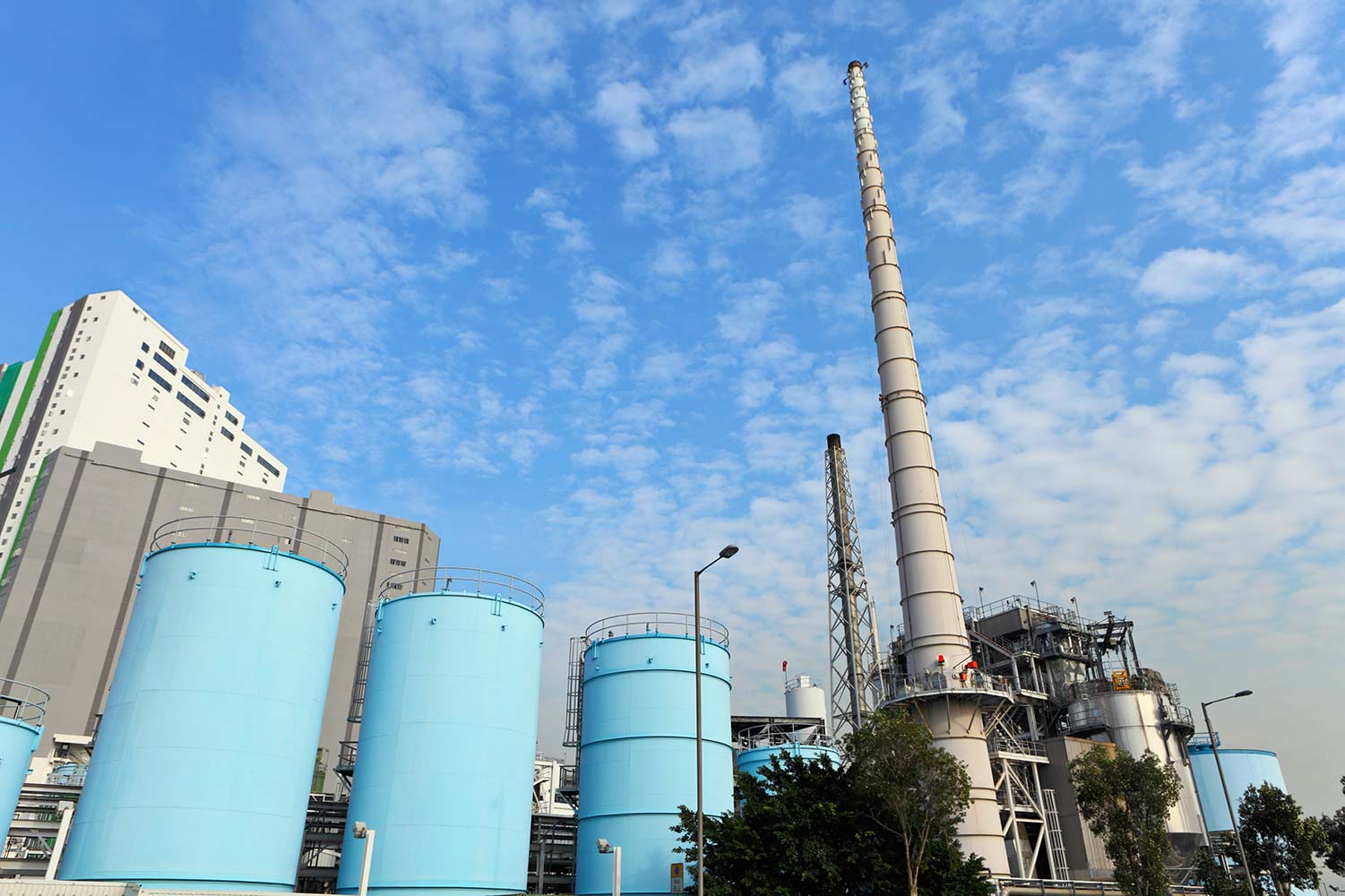Analytical reagents in chemistry are essential components in experiments, from identifying substances to determining their concentrations. However, with every solution comes a set of problems. In this blog post, we will tackle the 7 disadvantages of using analytical reagents in chemistry and provide you with some actionable tips on how to work around these issues! Whether you’re a student or professional chemist, this article is for you. So get ready to dive into the world of analytical reagents and discover how to overcome their limitations!
Analytical Reagent In Chemistry :What is an analytical reagent?

Analytical reagents are chemicals used in analytical chemistry to identify and quantify a specific substance. They can be organic or inorganic compounds, acids, bases, oxidizers, reducers or solvents with high purity levels that ensure accurate results.
These chemical agents act as indicators or reactants for the detection of certain elements or functional groups present in a sample. They provide consistency and reliability to experiments by creating standardization between different measurements taken at various times.
Analyzing substances without using these reagents would lead to unreliable results since impurities may interfere with the accuracy of the data obtained. Therefore, analytical reagents play an important role in ensuring reproducibility of experimental outcomes.
While these reagents have many advantages such as providing accurate results and reducing errors, they also come with their own set of disadvantages which we will explore further below.
Analytical Reagent In Chemistry :What are the 7 disadvantages of analytical reagents?
Analytical reagents are chemicals that are used in chemical analysis to determine the composition and amount of substances present. While they offer several advantages, there are also some disadvantages associated with their use.
The first disadvantage of analytical reagents is that they can be quite expensive. Some of these reagents may only be used once, and this can lead to significant costs for laboratories.
Another disadvantage is that some analytical reagents may have limited shelf lives or require specific storage conditions. This means that if they are not stored properly, their effectiveness could be compromised, leading to inaccurate results.
In addition, some analytical reagents can pose safety risks if not handled correctly. They may give off toxic fumes or react dangerously with other chemicals in the laboratory environment.
Furthermore, certain analytical reagents may not work well with certain sample types or matrices. This limits their versatility and applicability in different research settings.
Moreover, using too much of an analytical reagent can result in interference with other substances being analyzed. This interference can affect the accuracy and reliability of test results.
Another disadvantage is related to the fact that some reactions involving analyte-reagent interactions produce colored products whose quantitative determination strictly depends on a spectrophotometric measurement (colorimetry). Inaccurate readings will arise from any deviation from experimental parameters such as pH value or temperature before recording absorption measurements.
Certain types of analytical techniques require large quantities of samples which might prevent complete analysis due to insufficient quantity available.
Despite these challenges however chemists still rely heavily on Analytical Reagent In Chemistry for accurate chemical analyses because despite them having limitations; it is hard-pressed finding substitutes capable of delivering similar precision levels reliably under varying conditions without failing outrightly at least occasionally.
Analytical Reagent In Chemistry :How can you work around the disadvantages?
When it comes to using analytical reagents in chemistry, there are a few disadvantages that might arise. However, these issues can be worked around with some simple solutions.
One of the most common problems is the cost of analytical reagents. One way to work around this issue is by exploring alternative sources or purchasing in bulk to get discounts.
Another disadvantage is the stability and storage limitations of certain reagents. To overcome this problem, proper storage conditions must be followed, such as refrigeration or keeping them away from light exposure.
The accuracy and precision of some analytical reagents may also pose an issue. This can be mitigated by ensuring you have calibrated your equipment correctly and using high-quality instruments for measurements.
Impurities or variations between batches can also cause problems when working with analytical reagents. To avoid this, always check for impurity levels before use and order from reputable suppliers only.
Safety concerns when handling some chemicals needs to be taken into account too. Always follow proper safety protocols while handling any chemical substances and wear appropriate protective gear while working with hazardous materials.
By taking these precautions into consideration and implementing them in your lab practices, you can efficiently work around the disadvantages associated with using analytical reagents in chemistry without hindering your results.
Analytical Reagent In Chemistry :Conclusion

To sum it up, analytical reagents play a crucial role in the field of chemistry. Despite their numerous benefits, they also come with several disadvantages that cannot be ignored. From potential hazards to high costs and limited shelf life, these factors can significantly impact your lab work.
However, as we’ve seen in this article, there are various ways you can work around these challenges. Whether it’s by using alternative reagents or improving storage conditions, taking proactive steps can help mitigate some of the issues associated with analytical reagents.
Ultimately, it’s essential to weigh the pros and cons carefully before deciding whether to use analytical reagents in your experiments. By staying informed and making informed decisions based on your specific needs and budget constraints, you’ll be better equipped to achieve accurate results while maintaining optimum safety levels in your laboratory environment.



